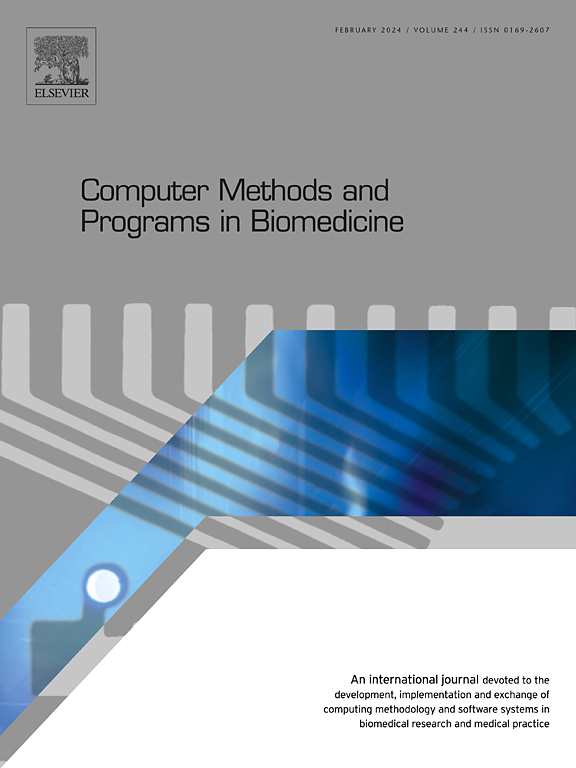PocketOnco®: Prototyping a mobile app for health literacy and self-management of oncological diseases
IF 4.9
2区 医学
Q1 COMPUTER SCIENCE, INTERDISCIPLINARY APPLICATIONS
引用次数: 0
Abstract
Background
The study aims to present and explain the development stages of a mobile app designed to improve health literacy for self-management of oncological diseases. Through the integration of gamification, the app aims to enhance patient engagement and education in an interactive manner.
Methods
The methodology of Design Science in Information Systems and Software Engineering was employed, which included stages of needs identification, requirements definition, prototyping, and iterative validation of the developed artifact. A total of 132 participants, consisting of patients and healthcare professionals, were involved in the development of the PocketOnco application. The subsequent implementation of the App, PocketOnco, involved usability testing, System Usability Scale assessment, and the collection of qualitative feedback.
Results
The usability testing analysis revealed excellent acceptance of PocketOnco, with the gamified elements such as quizzes and reward systems being particularly appreciated for their ability to consistently engage and motivate users.
Conclusion
The various stages in the development of this resource ensure the quality of its purpose. The application proved to be a viable and attractive solution for both patients and healthcare professionals, suggesting a promising path for future digital interventions in the field of oncology.
求助全文
约1分钟内获得全文
求助全文
来源期刊

Computer methods and programs in biomedicine
工程技术-工程:生物医学
CiteScore
12.30
自引率
6.60%
发文量
601
审稿时长
135 days
期刊介绍:
To encourage the development of formal computing methods, and their application in biomedical research and medical practice, by illustration of fundamental principles in biomedical informatics research; to stimulate basic research into application software design; to report the state of research of biomedical information processing projects; to report new computer methodologies applied in biomedical areas; the eventual distribution of demonstrable software to avoid duplication of effort; to provide a forum for discussion and improvement of existing software; to optimize contact between national organizations and regional user groups by promoting an international exchange of information on formal methods, standards and software in biomedicine.
Computer Methods and Programs in Biomedicine covers computing methodology and software systems derived from computing science for implementation in all aspects of biomedical research and medical practice. It is designed to serve: biochemists; biologists; geneticists; immunologists; neuroscientists; pharmacologists; toxicologists; clinicians; epidemiologists; psychiatrists; psychologists; cardiologists; chemists; (radio)physicists; computer scientists; programmers and systems analysts; biomedical, clinical, electrical and other engineers; teachers of medical informatics and users of educational software.
 求助内容:
求助内容: 应助结果提醒方式:
应助结果提醒方式:


